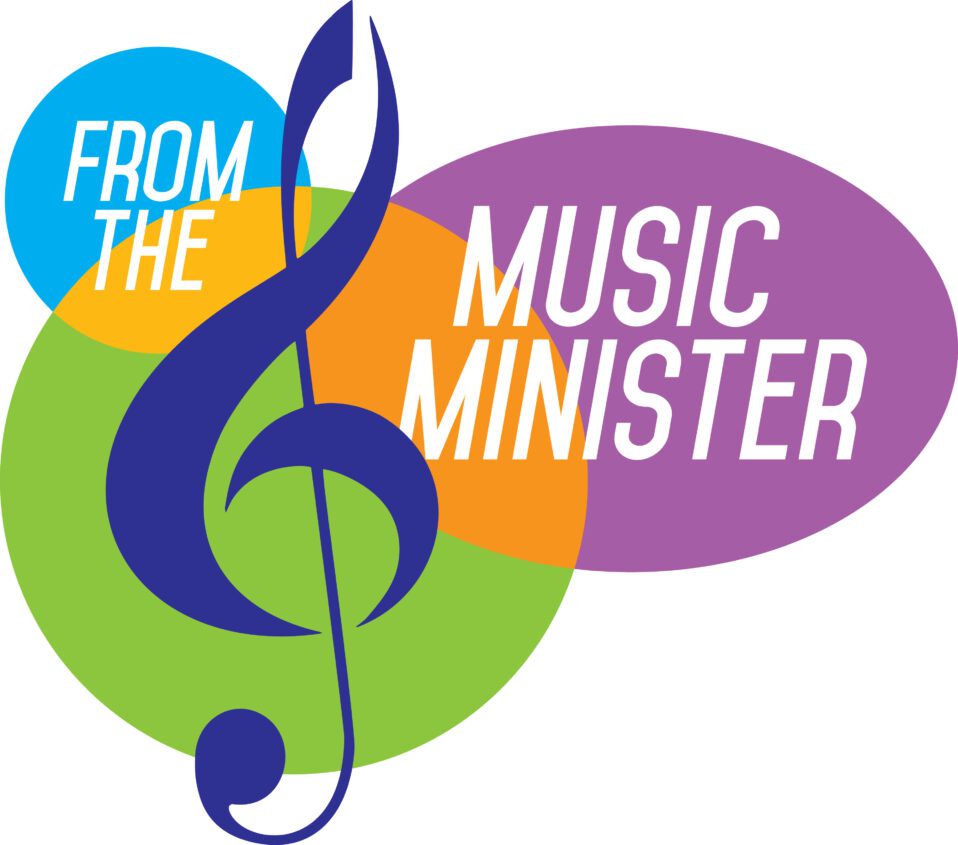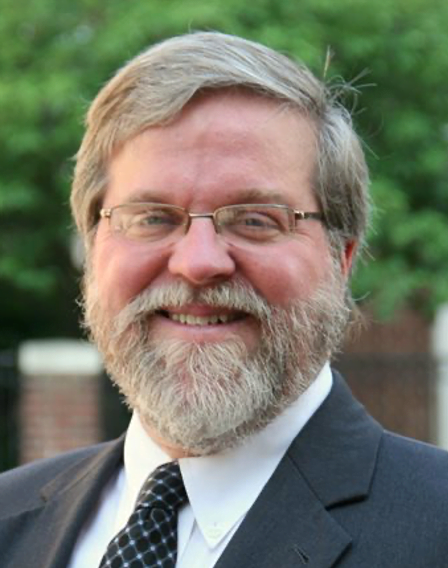
“Praise the Almighty!” Is a metrical version of Psalm 146 by Johann D. Herrnschmidt (1675-1723) with eight original German stanzas. It was included in J. A. Freylinghausen’s Geistreiches Gesangbuch (1714). An English translation in six stanzas by Alfred E. R. Brauer was published in the Australian Lutheran Hymn-Book (1925). It passed with substantial alternations into The Lutheran Hymnal (1941). Its first three and last stanzas entered Lutheran Book of Worship (1978) with further alterations. Evangelical Lutheran Worship takes the first, second, and last of those, casts the first into an address to God, and supplies a new third stanza related to the theme of justice in Psalm 146:7-8. That stanza is an English paraphrase by Martin A. Seltz of Herrnschmidt’s original fifth stanza with hints at his sixth, new to Evangelical Lutheran Worship.
Johann Daniel Herrnschmidt was born at Bopfingen in Württemberg, Germany, the son and grandson of pastors. He studied at the University of Altdorf and the University of Halle. In the fall of 1700 he went to Halle, where he was influenced by August Herman Francke and the Pietism there, became pastor at the Town Church in Halle, and then in 1702 joined his father as his assistant. In 1712, he became superintendent and court preacher at Idstein, in 1715 professor of theology at the University of Halle, and in 1716 sub-director to Francke of the Pädagogium and Orphanage. He wrote most of his seventeen hymns in Halle between 1698 and 1702.
“Healer of Our Every Ill” was written during the winter of 1985-86 while my family was residing at Holden Village, a retreat center in the Cascade Mountains of Washington State. On January 28, 1986, the space shuttle Challenger crashed shortly after take-off. In addition to the loss of seven astronauts, it was a symbolic loss for Americans. At Holden, we had very infrequent communication with the outside world, so that we did not know of the disaster for a couple of days. When we got some information, we held a service in the evening, and “Healer of Our Every Ill” was written as an expression four our community to grieve together.”
Haugen continues that, as is typical for Holden Village, “there was no expectation that the song would have a life beyond the winter community gathered there.” However, “like much of the music created there,” Haugen believes it “survives in part because a single community used it repeatedly and shaped it over time.”


